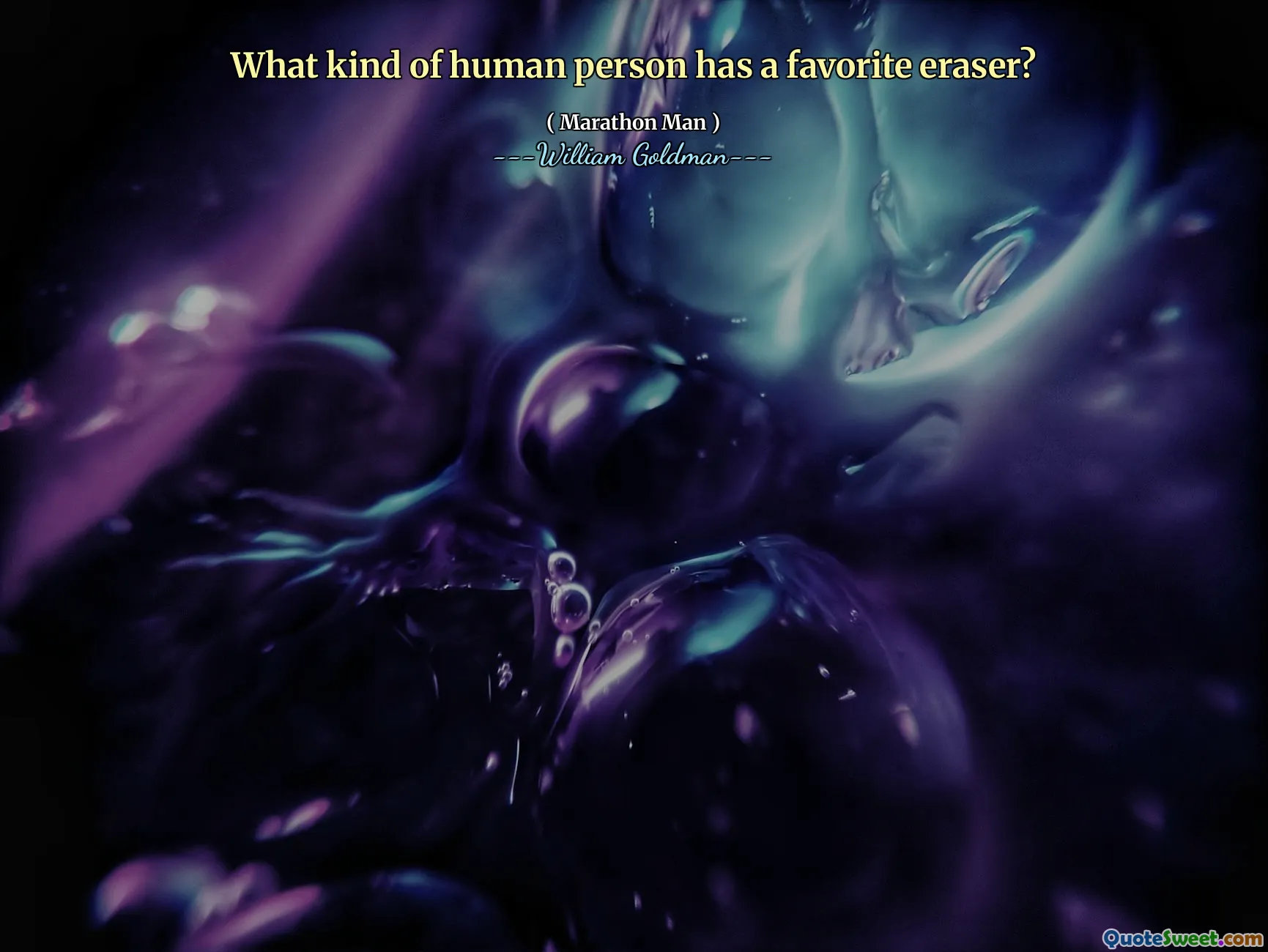
What kind of human person has a favorite eraser?
This seemingly simple question invites us to reflect on the nature of human preferences and the quirks that make each individual unique. At first glance, the question may appear trivial or humorous, but it also unveils deeper ideas about identity, childhood innocence, and the little things that bring comfort or joy. An eraser, often associated with mistakes and correction, symbolizes humility and the acknowledgment that errors are a part of growth. Someone’s fondness for a particular eraser could suggest an affinity for nostalgia, habit, or small rituals that give them a sense of control or familiarity in a chaotic world.
In the context of human psychology, our attachments to specific objects, even as mundane as an eraser, reflect our need for stability and continuity amidst change. These preferences might arise from memory—perhaps the eraser was a gift from someone special or connected to a childhood experience. It could also simply be an aesthetic choice, revealing an aspect of personal taste that isn’t immediately obvious to others. The humor or curiosity embedded in the question encourages us to see the extraordinary in the ordinary, propelling a consideration of how seemingly insignificant details are woven into the fabric of personal identity.
Furthermore, questioning what kind of person would choose such a specific favorite can elicit empathy or amusement, prompting us to look deeper into individual quirks that define us. It reminds us that even the smallest, seemingly trivial choices provide valuable insight into human nature—the questions we ask ourselves and others, the things we hold onto, and the unique stories that make us who we are.






